7 Personal Accountability Worksheets for Adults

Hey there, adulting can be tough, right? Balancing work, life, and everything in between is like juggling chainsaws sometimes. But fear not! We’ve got something that might just make life a bit more manageable – 7 Personal Accountability Worksheets.
These Personal growth worksheets are like your personal coaches, helping you figure out your goals, keep track of your progress, and generally get your act together.
No complicated jargon or fancy-pants language here – just straightforward tools to help you take control of your life.
In this article, we’ll break down each personal growth & emotional regulation skills worksheets so you can see how they can make a real difference. Whether you’re aiming for a promotion, trying to hit the gym more often, Finding an Accountability Partner, nurture healthier dynamics, enhancing self awareness, develop emotional awareness , or just want to feel more on top of things, these accountability worksheets are here to help.
So, let’s dive in and make this adulting thing a little less chaotic, one worksheet at a time.
Goal Setting Worksheet
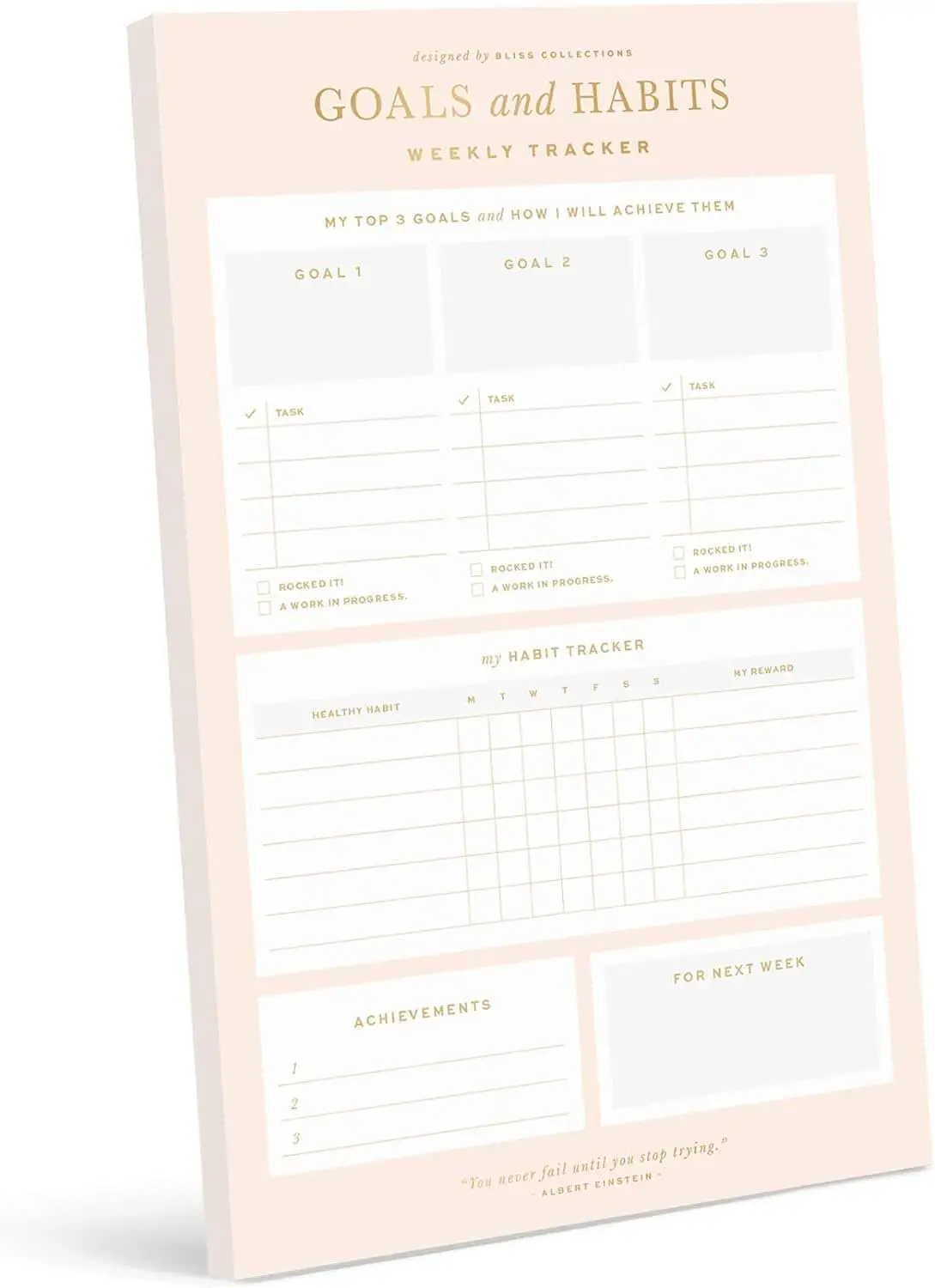
The Goal Setting Worksheet acts as a strategic planner for individuals looking to define and achieve their goals. It facilitates a step-by-step process, encouraging users to articulate specific objectives and create an actionable plan to harness self awareness and expand on their own mental well being.
Define Goals – Users are prompted to articulate their goals with clarity. For instance, if the goal is career advancement, the worksheet encourages specifying the position, skills needed, and a realistic timeline.
Break Down into Steps – It then guides users to break down their goals into smaller, manageable steps. This ensures that the overarching objective becomes less overwhelming and more achievable.
Set Realistic Timelines – This accountability worksheet emphasizes the importance of setting realistic timelines for each step, promoting a sense of urgency and accountability.
Daily Habit Tracker
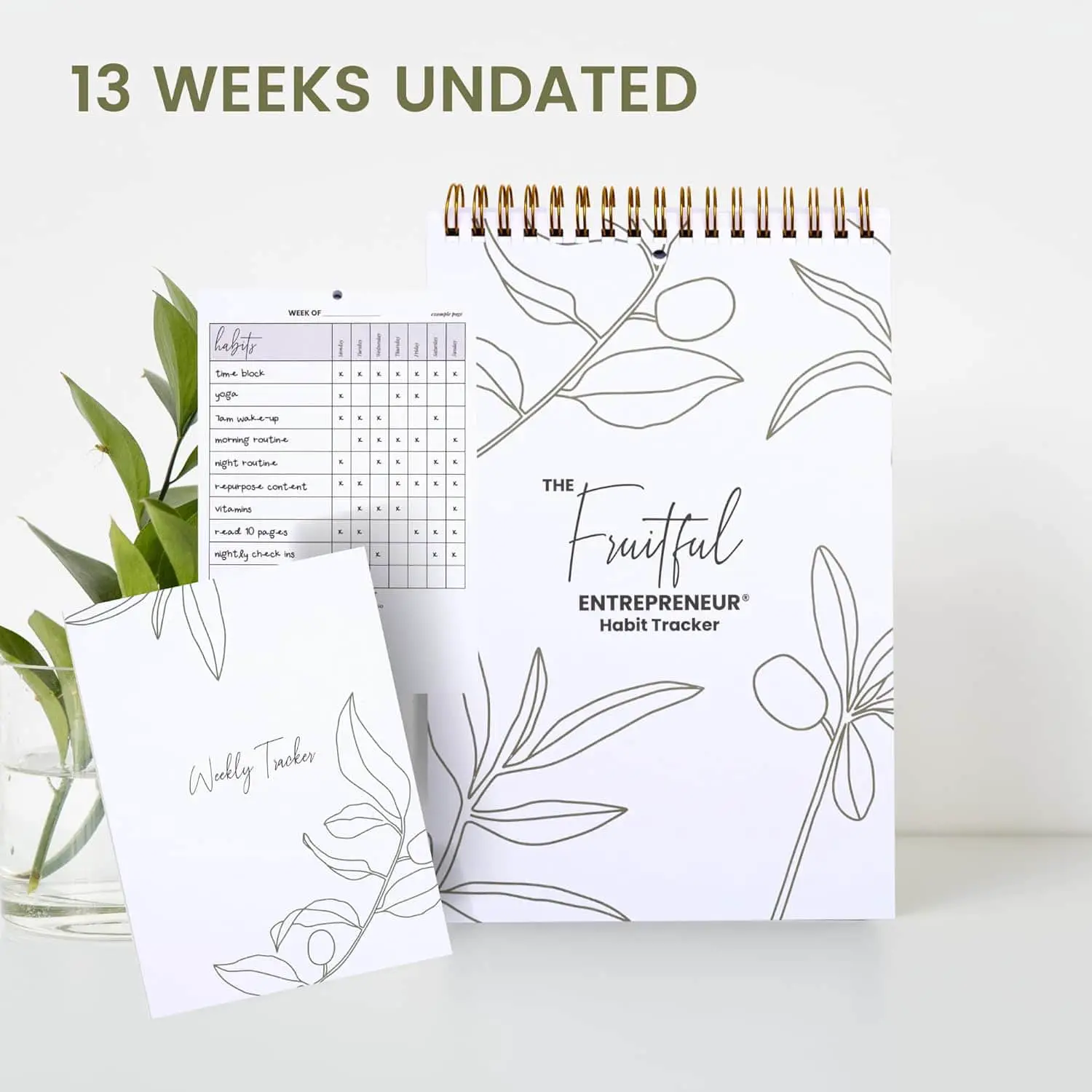
The Daily Habit Tracker is designed to instill discipline by monitoring daily habits. It serves as a visual record of consistency, self awareness, motivating users to build positive habits or break undesirable ones.
List Habits – Users list the habits they aim to cultivate or eliminate. Whether it’s exercising, reading, or avoiding procrastination, this section is customizable to individual preferences.
Daily Tracking – Each day, users mark whether they successfully engaged in the listed habits. Over time, the tracker provides a visual representation of progress, fostering motivation.
Reflection – The worksheet includes space for users to reflect on challenges faced and strategies employed to overcome them, promoting a continuous improvement mindset.
Time Management Sheet
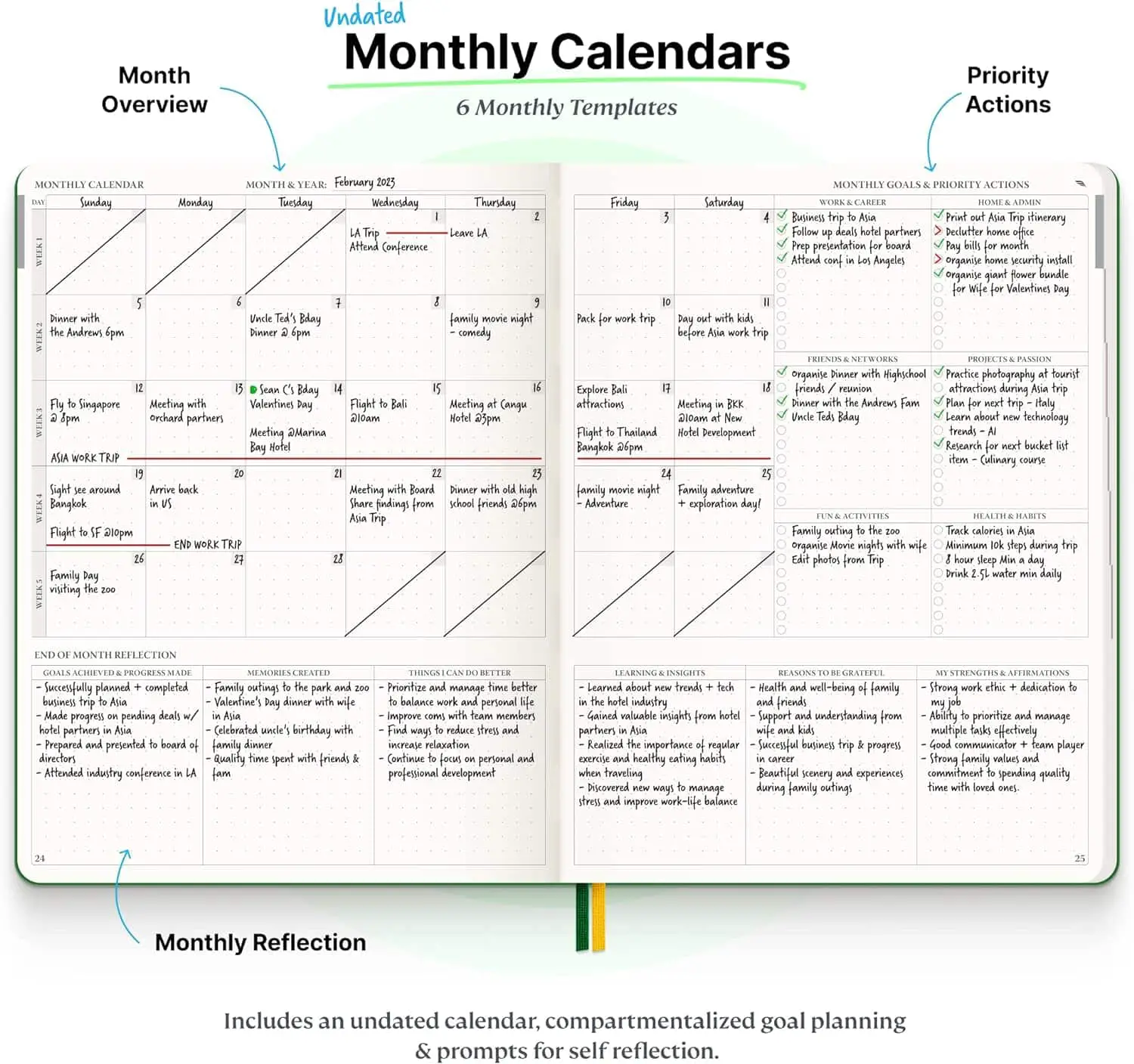
The Time Management Sheet assists individuals in optimizing their time, making it suitable for those with hectic schedules or struggling with time management. These accountability worksheets tailored to enhancing self awareness, positive communication and life skills.
Categorize Activities – Users categorize their daily activities, distinguishing between work, personal, and leisure time. This categorization helps identify areas where time is well-spent or wasted.
Time Estimation – For each activity, users estimate the time required. This promotes a realistic assessment of daily routines and aids in allocating time effectively.
Reflection – The worksheet includes a reflection section to analyze time management, encouraging users to identify and rectify patterns that hinder productivity.
Self-Reflection Journal
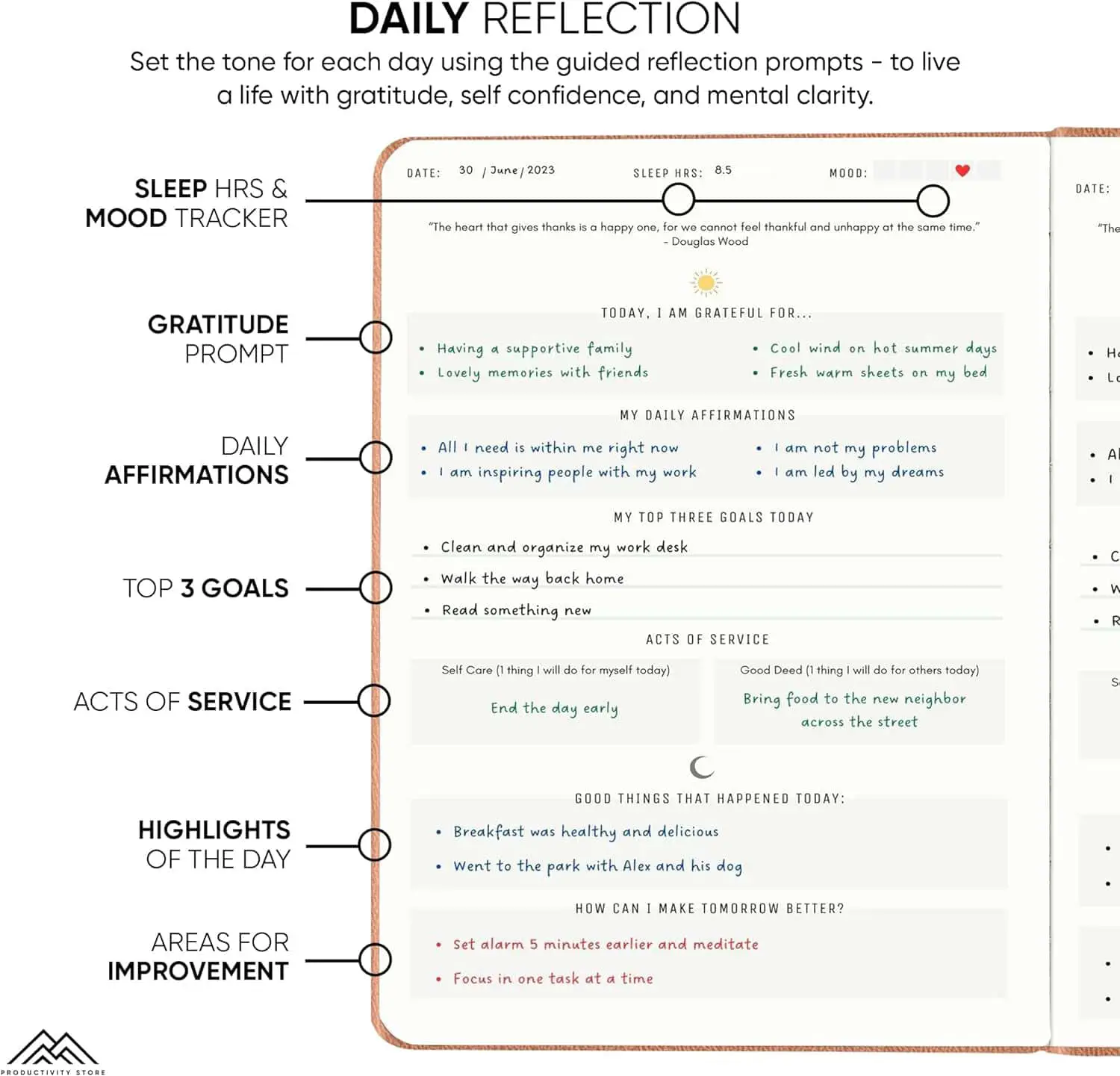
Geared towards personal development, the Self-Reflection Journal encourages introspection and self-awareness by prompting users to reflect on their daily experiences.
Daily or Weekly Reflections – Users can choose to reflect daily or weekly, making it adaptable to individual preferences. This can include achievements, challenges, and emotions experienced. These tools can be used for personal info or shared with an accountability partner.
Prompt Questions – The journal includes prompt questions like “What did you learn today?” and “How did you handle challenges?” to guide users in thoughtful self-analysis.
Goal Setting – There’s a section for setting short-term and long-term goals, fostering a connection between daily reflections and overarching aspirations.
Financial Budget Planner
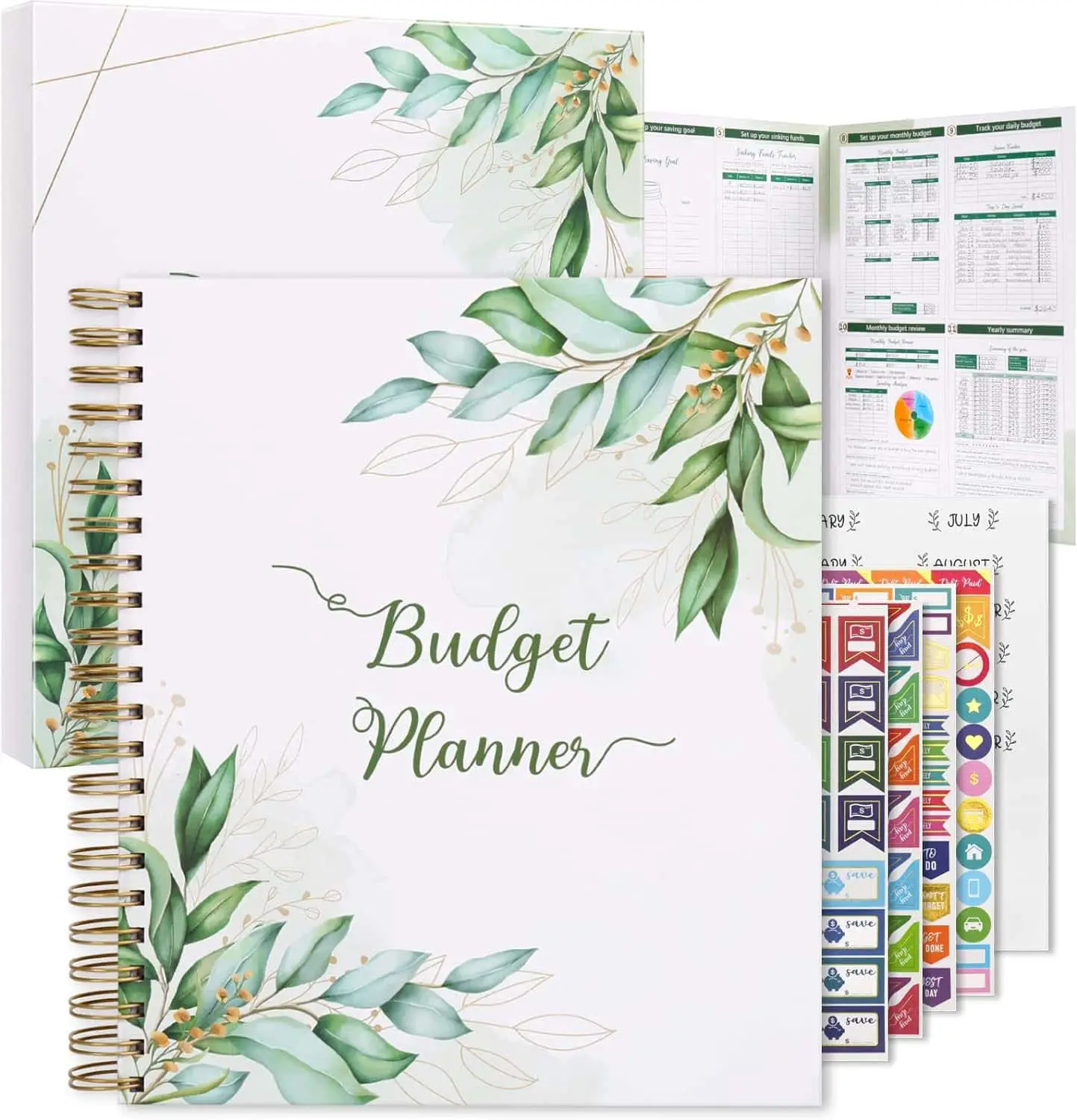
The Financial Budget Planner empowers individuals to take control of their finances, providing a structured approach to budgeting, saving, and achieving financial goals.
Income and Expenses – Users detail their sources of income and categorize their expenses, including necessities and discretionary spending.
Savings Goals – The planner encourages users to set specific savings goals, whether for emergencies, future investments, or personal milestones.
Regular Tracking – With sections for regular expense tracking, users can identify spending patterns and adjust their budget as needed.
Wellness Check-In Worksheet
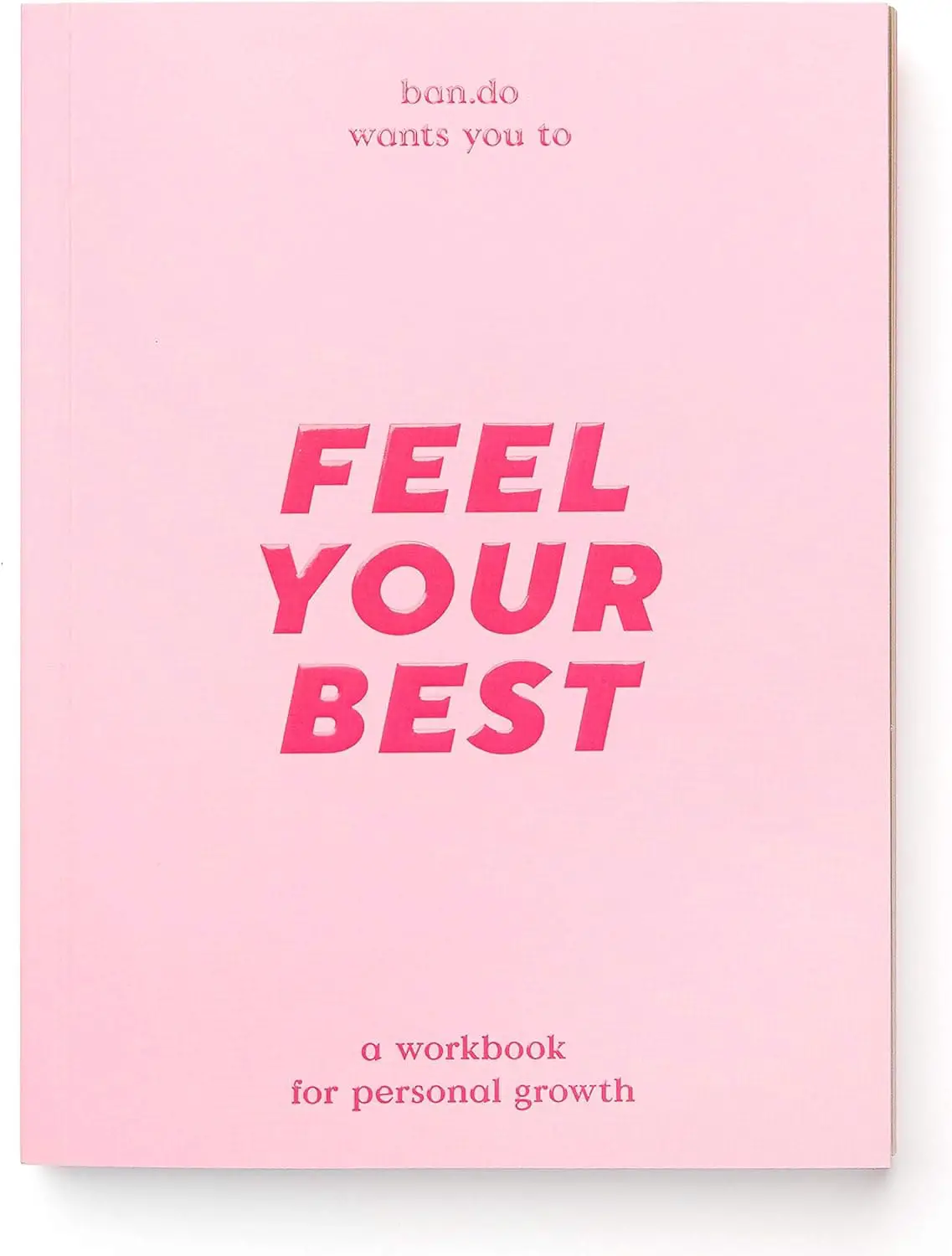
Focused on holistic well-being, the Wellness Check-In Worksheet prompts users to assess and improve various aspects of their wellness, including sleep, exercise, mental health themed printables, nutrition, and emotional health.
Wellness Categories – Users evaluate their sleep quality, find play therapy tools, exercise routines, nutrition choices, and emotional well-being separately, providing a comprehensive overview of their overall wellness.
Goal Setting – The worksheet includes space for setting wellness goals, encouraging users to strive for continuous improvement in each category including responding couples therapy communication, relationship worksheets and couples therapy worksheets.
Tracking Progress – Users can track their progress over time, identifying areas where adjustments may be needed for a more balanced lifestyle.
Project Progress Tracker
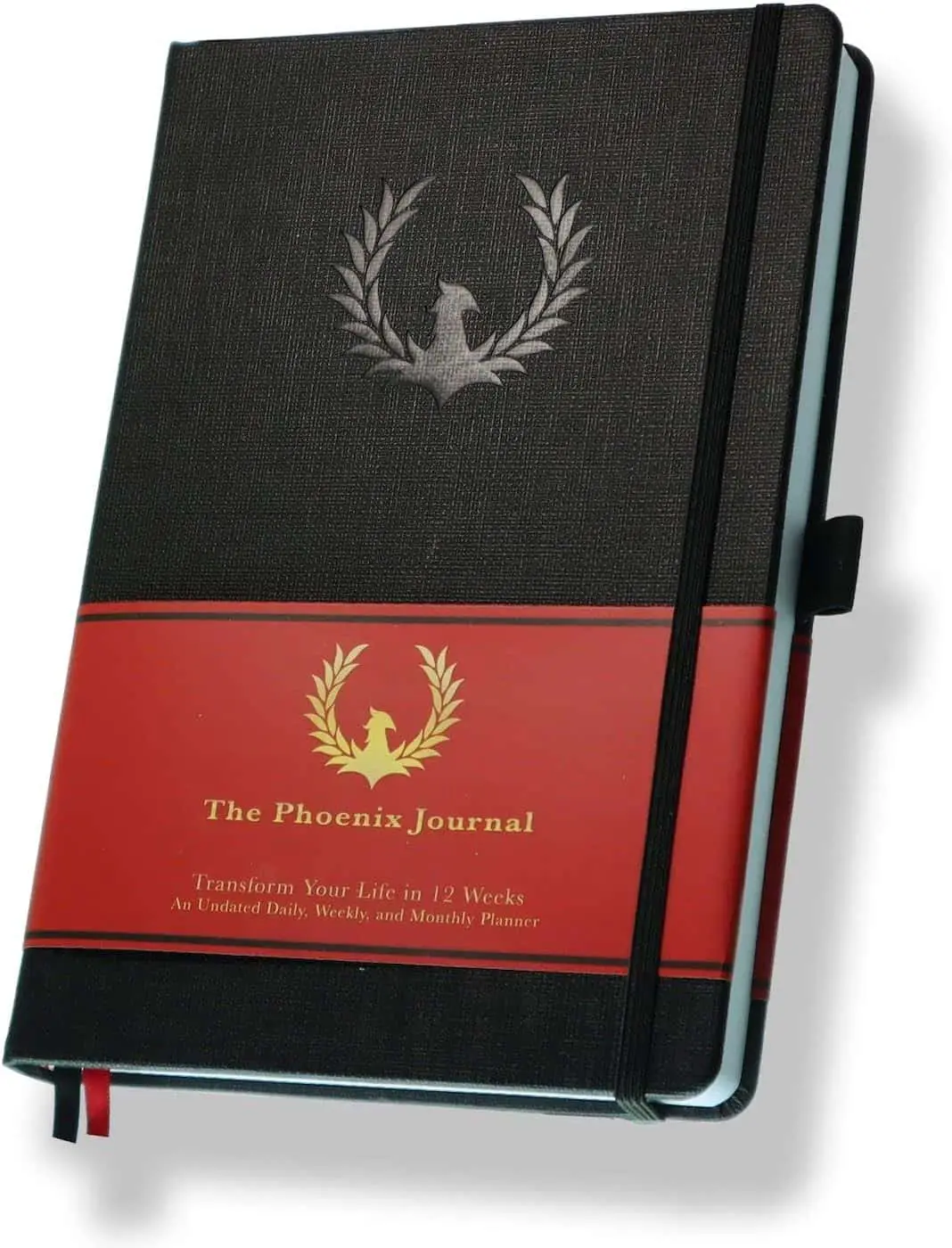
Ideal for those handling extended projects, the Project Progress Tracker tracker helps break down complex tasks into manageable steps, ensuring steady progress and accountability.
Project Breakdown – Users list the steps or phases of their project, ensuring a clear understanding of the overall scope.
Deadline Setting – Each step comes with a space to set deadlines, promoting a structured timeline for completion and ensuring individuals to stay accountable.
Notes and Reflection – The tracker includes sections for notes and reflections, allowing users to document challenges faced, lessons learned, and adjustments made throughout the project’s lifecycle.
Why is Accountability so Important for Adults?

Accountability is a cornerstone of personal and professional development, playing a crucial role in an adult’s journey toward success and fulfillment.
Here are key reasons why accountability is paramount for adults:
Achieving Goals
Accountability serves as the bridge between setting goals and realizing them. When adults take responsibility for their actions and progress, they are more likely to stay committed to their objectives. This commitment is essential for turning aspirations into tangible achievements.
Building Trust and Credibility
In both personal and professional spheres, accountability is synonymous with reliability. When adults are accountable, they build trust with others, be it in the workplace, relationships, or within a community. Trust is the currency that facilitates effective collaboration and healthy connections.
Fostering Continuous Improvement
Accountability creates a culture of continuous improvement. Adults who acknowledge their mistakes and take ownership of their actions are better positioned for growth.
It’s a mindset that embraces challenges as opportunities for learning and refinement, leading to enhanced skills and resilience.
Enhancing Time Management
Being accountable involves managing one’s time effectively. Adults who are accountable for their schedules tend to prioritize tasks, set realistic deadlines, and avoid procrastination. This not only improves productivity but also contributes to a healthier work-life balance.
Cultivating Positive Habits
Accountability is instrumental in the cultivation of positive habits. By tracking daily actions and progress, adults can identify areas for improvement and reinforce behaviors that contribute to their well-being, both physically and mentally.
Promoting Professional Growth
In the professional realm, accountability is a cornerstone of success. Taking responsibility for one’s work, decisions, and outcomes is a hallmark of a reliable and competent professional.
It not only leads to individual advancement but also contributes to the overall success of a team or organization.
Strengthening Resilience
Life is filled with challenges, and being accountable strengthens an adult’s resilience in the face of adversity.
Rather than blaming external factors, accountable individuals focus on what they can control and find solutions, turning setbacks into opportunities for learning and growth.
Conclusion
In essence, accountability is the glue that binds personal and professional development. It empowers adults to navigate life’s complexities with purpose and determination.
By utilizing tools such as personal accountability worksheets, individuals can actively engage in self-reflection, goal-setting, and progress tracking, fostering a culture of responsibility that propels them toward success and fulfillment.
So, whether it’s achieving goals, building trust, or cultivating positive habits, accountability is the compass that guides adults on their journey to becoming the best versions of themselves.



